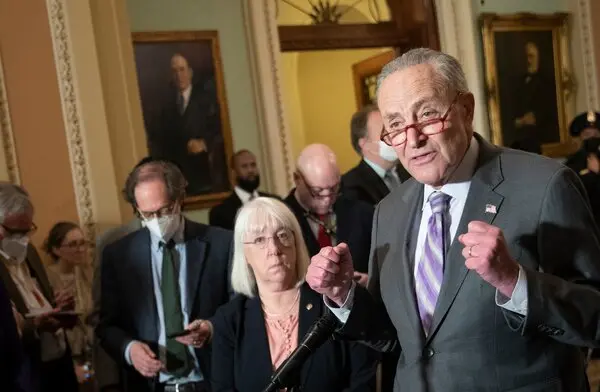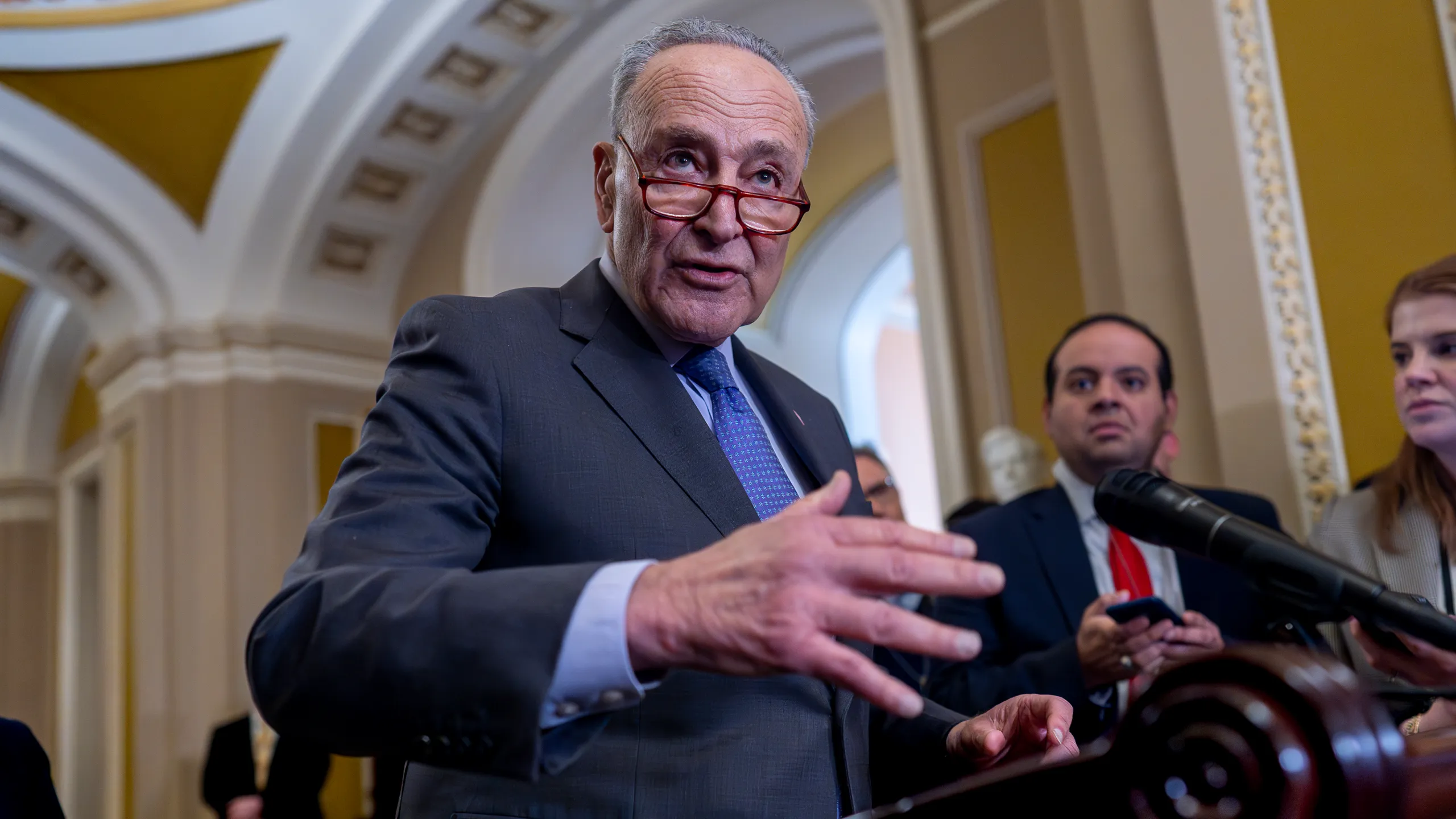Senate Approves Fiscal 2025 Funding Bills Across Critical Government Sectors
House GOP Sets Stage for Bipartisan Talks on Fiscal 2025 Budgets
According to THE HILL, in a pivotal move for fiscal planning the Senate Appropriations Committee has unanimously approved the initial set of government funding bills for fiscal year 2025. These bills allocate substantial funds across critical sectors such as the Department of Veterans Affairs, Agriculture, and the Food and Drug Administration. They also include provisions for military construction and family housing highlighting the committee’s bipartisan commitment to addressing funding challenges. Specific emphasis has been placed on enhancing programs like the Special Supplemental Nutrition Program for Women, Infants, and Children (WIC), rental assistance, and agricultural research aiming to bolster support for vulnerable groups and vital sectors.
Simultaneously House GOP negotiators have finalized their fiscal 2025 funding bills paving the way for upcoming bipartisan negotiations between the two chambers. Despite earlier hurdles in agreeing on budget caps Senate negotiators under the leadership of Sen. Patty Murray have secured additional emergency funding to meet critical defense and nondefense needs beyond agreed levels. As both chambers gear up for bicameral talks to reconcile differences between their respective bills the impending November elections heighten the urgency for timely resolutions to prevent government shutdowns. This underscores the pivotal role of bipartisan collaboration in effective fiscal management and governance.
READ ALSO: 1.5 Million Borrowers Rejoice: Public Service Loan Forgiveness Program Resumes – Simplifying Student Debt Relief

$1.5 Trillion: Senate Unanimously Approves Fiscal 2025 Funding Bills, House GOP Closes in on Agreement! (PHOTO: The New York Times)
Political Dynamics Shape Divergent Approaches in Senate and House Funding Bills
The Senate’s requirement of 60 votes for bill passage contrasts with the more partisan dynamics in the House shaping divergent approaches in their funding bills. With fiscal year 2024 approaching its end in September discussions are already underway for interim measures to sustain government operations until longer-term fiscal agreements can be reached post-election. The outcomes of the elections are anticipated to influence negotiations and potentially reshape government funding priorities for fiscal 2025 underscoring the evolving landscape of federal budgeting amid political shifts and bipartisan efforts to ensure financial stability and continuity in public services.
READ ALSO: 85% Of Taxpayers Warned: Beware Of IRS-Targeted Scams And Fraudulent Fake Clean Energy Tax Credit Claims

















































